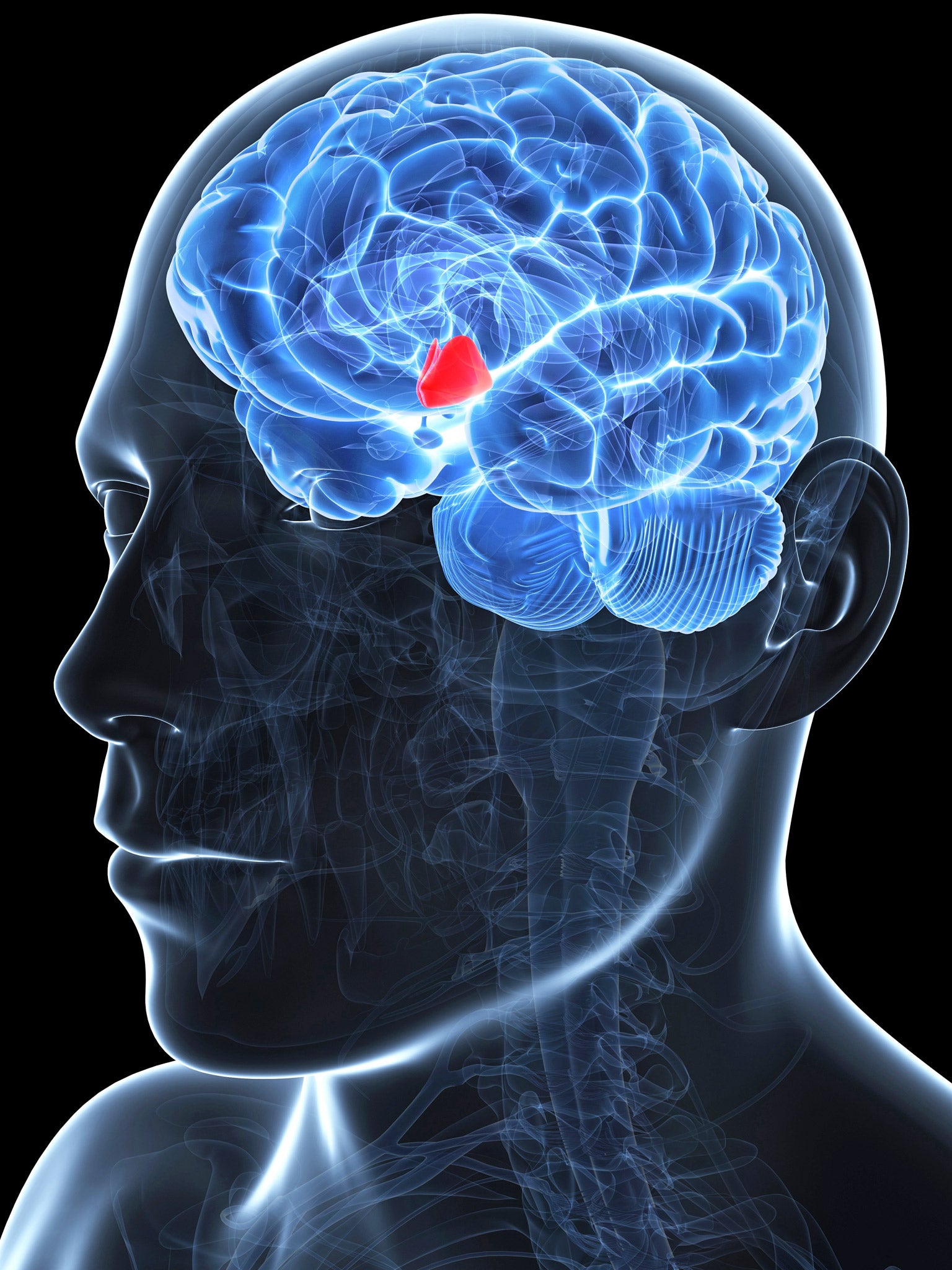It's all in the brain! Scientists slow down ageing in mice
Manipulating a molecule in almond-sized structure increased longevity by 20%, says study

An almond-sized structure in the brain may hold the key to slowing down the rate of ageing throughout the entire body, a study suggests.
Scientists believe they have found the "fountain of ageing" in the shape of the hypothalamus, a small region of the brain involved in regulating the secretion of various hormones.
The researchers said they have speeded up and slowed down the rate of ageing in laboratory mice by manipulating chemical messengers that affect the hypothalamus, which is known to play a fundamental role in growth, development, reproduction and metabolism.
"Scientists have long wondered whether ageing occurs independently in the body's various tissues or if it could be actively regulated by an organ in the body," said Dongsheng Cai of Albert Einstein College of Medicine in New York.
"It's clear from our study that many aspects of ageing are controlled by the hypothalamus. What's exciting is that it's possible, at least in mice, to alter signalling within the hypothalamus to slow down the ageing process and increase longevity," Dr Cai said.
The study, published in the journal Nature, focussed on a molecule known to be central to the many biochemical reactions involved in the process of inflammation, which is important in many age-related conditions, he said.
"As people age, you can detect inflammatory changes in various tissues. Inflammation is also involved in various age-related diseases, such as metabolic syndrome, cardiovascular disease, neurological disease and many types of cancer," Dr Cai said.
By manipulating the levels of the molecule, known as NF-kB, within the hypothalamus, the researchers were able to slow down the rate of ageing and increase longevity of mice by up to 20 per cent.
The team also found that they could slow the rate of cognitive decline by up to 50 per cent, which they could measure by how easy the mice remember how to find their way out of a maze.
Alternatively, they could activate the molecule and speed up ageing. "The mice showed a decrease in muscle strength and size, in skin thickness, and in their ability to learn - all indicators of ageing. Activating this pathway promoted systemic ageing that shortened their lifespan," Dr Cai said.
"The hypothalamus seems to have a fundamental role in the ageing of the whole body because it is so critical to the regulation of the endocrine hormones," he said.
"The hypothalamus is an important structure in the brain that controls lots of important functions in life and ageing is a phenomenon of life," he added.
Join our commenting forum
Join thought-provoking conversations, follow other Independent readers and see their replies
0Comments